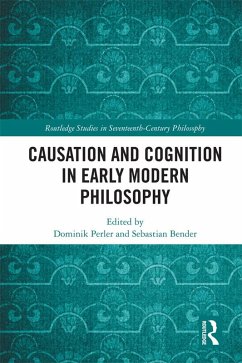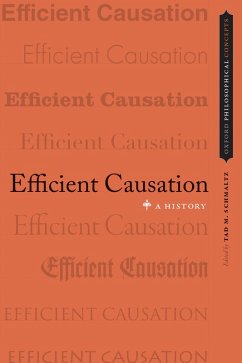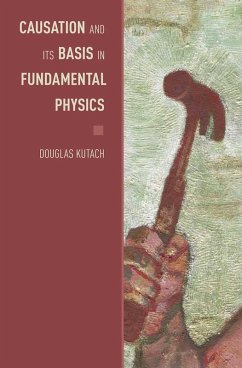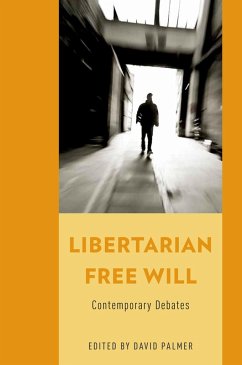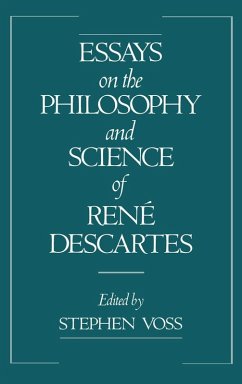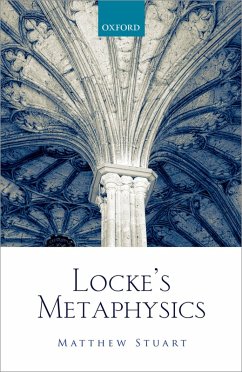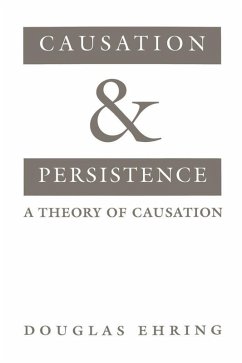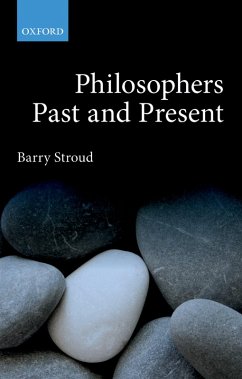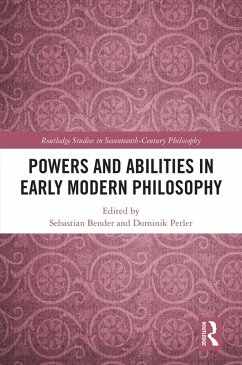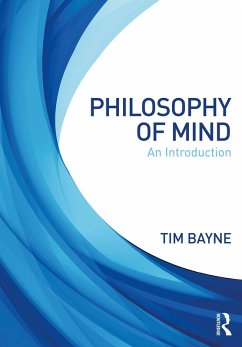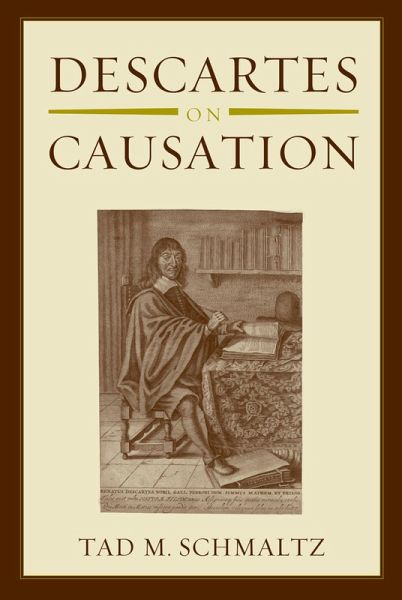
Descartes on Causation (eBook, PDF)
Versandkostenfrei!
Sofort per Download lieferbar
12,95 €
inkl. MwSt.
Weitere Ausgaben:

PAYBACK Punkte
6 °P sammeln!
This book is a systematic study of Descartes' theory of causation and its relation to the medieval and early modern scholastic philosophy that provides its proper historical context. The argument presented here is that even though Descartes offered a dualistic ontology that differs radically from what we find in scholasticism, his views on causation were profoundly influenced by scholastic thought on this issue. This influence is evident not only in his affirmation in the Meditations of the abstract scholastic axioms that a cause must contain the reality of its effects and that conservation do...
This book is a systematic study of Descartes' theory of causation and its relation to the medieval and early modern scholastic philosophy that provides its proper historical context. The argument presented here is that even though Descartes offered a dualistic ontology that differs radically from what we find in scholasticism, his views on causation were profoundly influenced by scholastic thought on this issue. This influence is evident not only in his affirmation in the Meditations of the abstract scholastic axioms that a cause must contain the reality of its effects and that conservation does not differ in reality from creation, but also in the details of the accounts of body-body interaction in his physics, of mind-body interaction in his psychology, and of the causation that he took to be involved in free human action. In contrast to those who have read Descartes as endorsing the "occasionalist" conclusion that God is the only real cause, a central thesis of this study is that he accepted what in the context of scholastic debates regarding causation is the antipode of occasionalism, namely, the view that creatures rather than God are the causal source of natural change. What emerges from the defense of this interpretation of Descartes is a new understanding of his contribution to modern thought on causation.
Dieser Download kann aus rechtlichen Gründen nur mit Rechnungsadresse in A, B, BG, CY, CZ, D, DK, EW, E, FIN, F, GR, HR, H, IRL, I, LT, L, LR, M, NL, PL, P, R, S, SLO, SK ausgeliefert werden.




